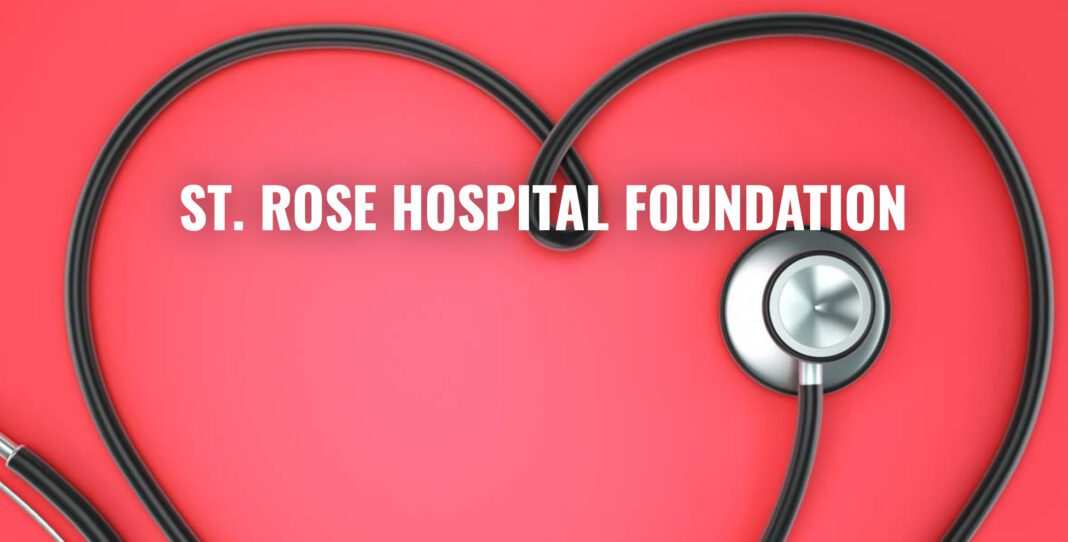Fremont Bank Foundation recently donated $750,000 to its community partner St. Rose Hospital Foundation for the hospital to purchase a new catalyst cardiac catheterization laboratory machine while keeping services available to Bay Area patients.
The innovative Philips Azurion 7 C20 replaces an older cardiac catheterization model recently rendered obsolete.
St. Rose Hospital Foundation regularly receives emergency transports of patients from its facility and other Bay Area hospitals who are suffering from heart attacks and are in need of lifesaving cardiac procedures. St. Rose Hospital, located in Hayward, Calif., is a STEMI (ST-elevation myocardial infarction) Receiving Center—a designation only given to hospitals where staff can meet rigorous standards of transferring a patient to the cardiac catheterization lab from the emergency room in 90 minutes or less.
“Health-care workers need access to the most state-of-the-art equipment in order to provide high-quality services to our patients,” said Michael Cobb, St. Rose Hospital Foundation Executive Director. “Fremont Bank Foundation’s generous contribution allows us to quickly replace an outdated machine while ensuring a seamless continuation of providing top care to the residents of Alameda County and beyond.”
Every year, St. Rose Hospital doctors and nurses perform, on average, more than 400 cardiac diagnostic procedures and manage over 200 STEMI emergencies. In 2021, catheterization laboratory personnel conducted upward of 2,600 non-urgent and emergent cardiac procedures.
“St. Rose Hospital is a vital part of our Alameda County ecosystem, and we really listened when its Foundation expressed the importance behind upgrading the catheterization lab machine,” said Brian Hughes, Fremont Bank Executive Vice President and Foundation President and Executive Director. “This significant gift is one that will keep serving the health of our Bay Area community for years to come.”

